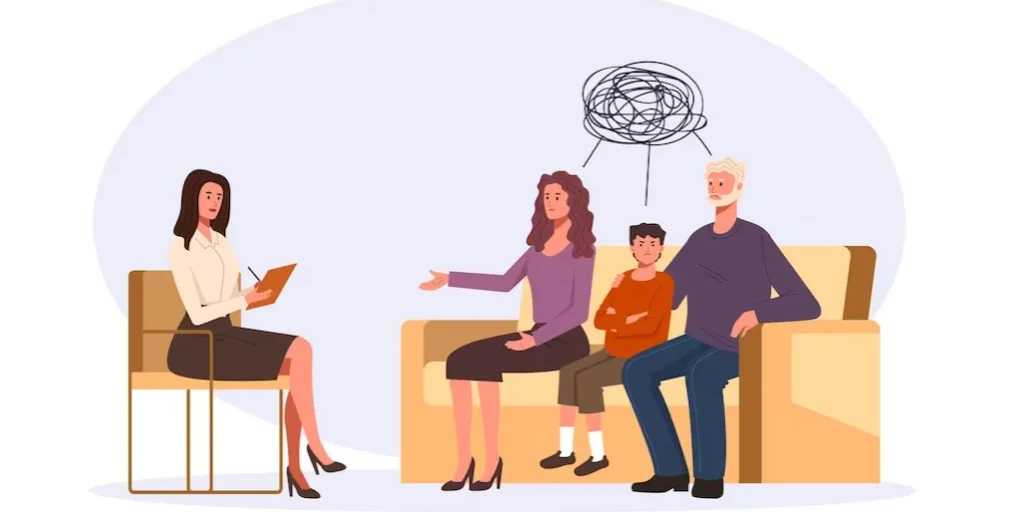24/7 Helpline:
(866) 899-221924/7 Helpline:
(866) 899-2219
Learn more about Ritalin Detox centers in Northport
Ritalin Detox in Other Cities

Other Insurance Options

Highmark

Group Health Incorporated

BlueShield

Sutter

UnitedHealth Group

Lucent

United Health Care

GEHA

Excellus

Carleon

Self-pay options

Meritain

Access to Recovery (ATR) Voucher

Health Net

WellPoint

PHCS Network

Horizon Healthcare Service

Kaiser Permanente

Humana

BlueCross

NorthEast Washington Alliance Counseling Services
NorthEast Washington Alliance Counseling Services - Hawthorne Avenue is a diagnostic and treatment c...




























































































































































































































Crisis Intervention Counseling
Crisis Intervention Counseling is a private rehab located in Colville, Washington. Crisis Interventi...

AA – Alcoholics Anonymous
AA – Alcoholics Anonymous is a non-profit rehab located in Colville, Washington. AA – Alcoholics Ano...

Spokane Tribe Behavior Health Agency
Spokane Tribe Behavior Health Agency is a public rehab located in Wellpinit, Washington. Spokane Tri...

Northeast Washington Counseling Service
Northeast Washington Counseling Service is a public rehab located in Chewelah, Washington. Northeast...
































































